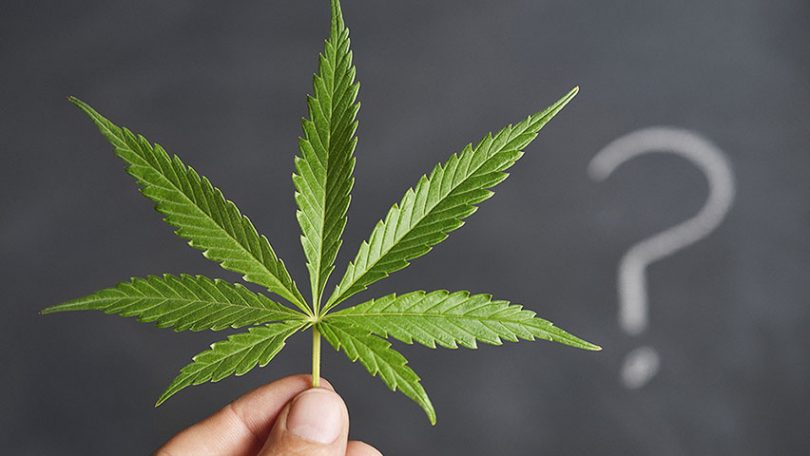How a large monetary investment may signal a joining of industries that many have long seen coming

Altria Group, in addition to having a stake in large tobacco manufacturers, is also involved in the alcohol industry, owning well-known brands such as wine company Ste. Michelle Wine Estates, which includes wineries Columbia Crest and Chateau Ste. Michelle.
The fact that this conglomerate is jumping into the Canadian green fields represents what for some has been a merging of industries long seen coming. In the 1970’s, when cannabis use was well established as a worldwide ‘relaxation’ commodity, the Bureau of Narcotics and Dangerous Drugs (now the DEA) sent a request to Phillip Morris “to perform some chemical analyses on [cannabis].” An unnamed employee sent this internal memo, whose content is worth repeating:
“We regard [this request] as an opportunity to learn something about this controversial product, whose usage has been increasing so rapidly among the young people.
“Business theorists often point out that the enterprises which recognize the human needs that they are serving tend to endure, while those too closely wedded to a product are sometimes trapped by its obsolescence.
“We are in the business of relaxing people who are tense and providing a pick up for people who are bored or depressed. The human needs that our products fill will not go away. Thus, the only real threat to our business is that society will find other means of satisfying these needs.”
So, it seems that, whether officially or not, Big Tobacco has always considered itself to be one small step of federal legalization behind engaging into the cannabis industry. And it makes sense, even if Big Tobacco’s entrance into cannabis doesn’t currently resonate with the characteristic cannabis user. A national cannabis industry requires massive tracts of land for growing their products. It requires experts in botanicals, genetics, massive testing facilities and investment in scientific equipment. It requires a national logistics operation, which has relationship and familiarity with realtors in many different states, counties, and districts. These are all things that the Big Tobacco industry already has.
The final thing that Big Tobacco has, that cannabis needs? Money for large material investments. Combining this with all the pertinent positives listed above, it adds up to a logical next step in the business environment of the legal cannabis market. And it’s logical that we will see similar, if not greater, investments in the American cannabis market, should it ever become legal on a federal level.








